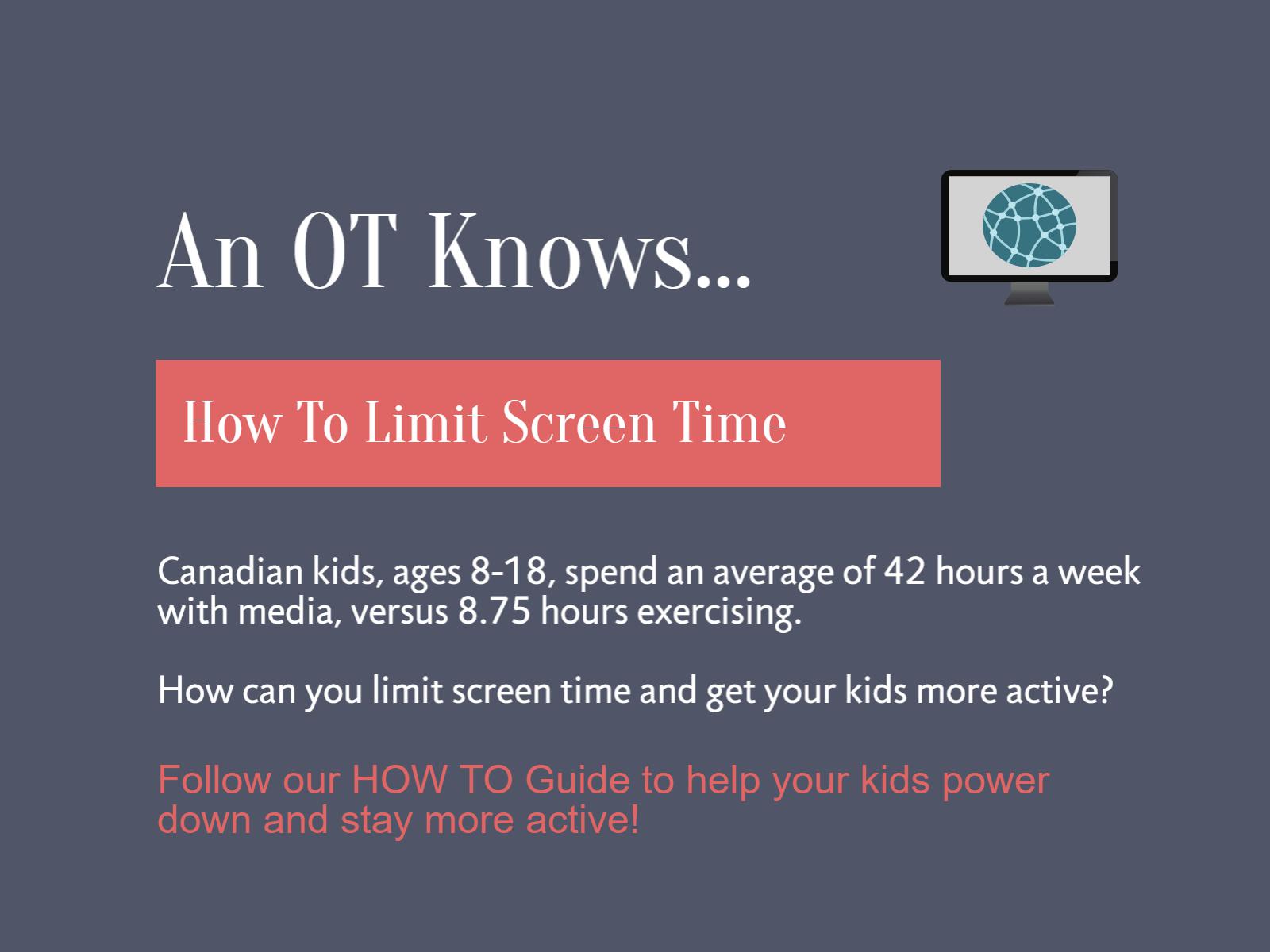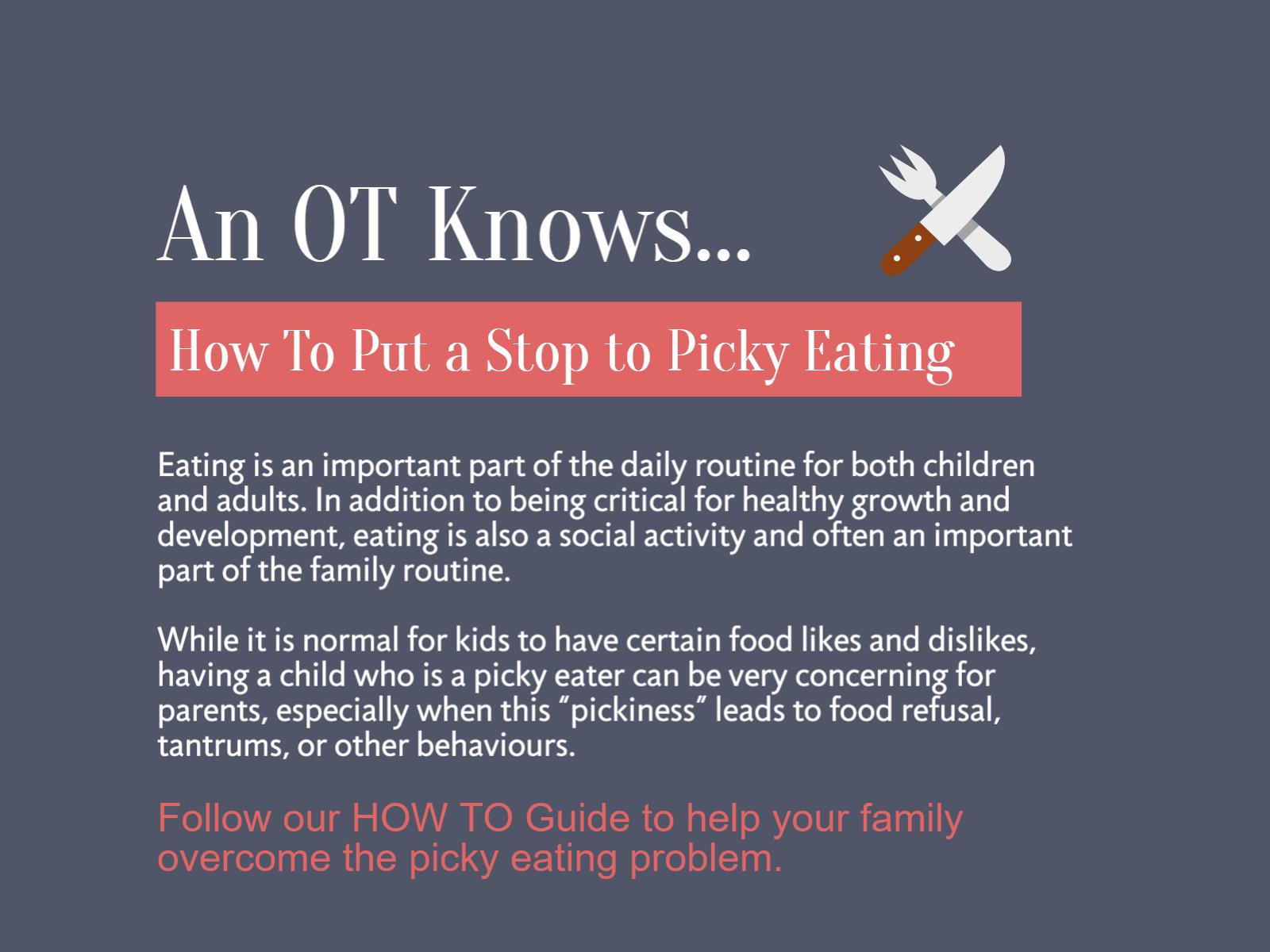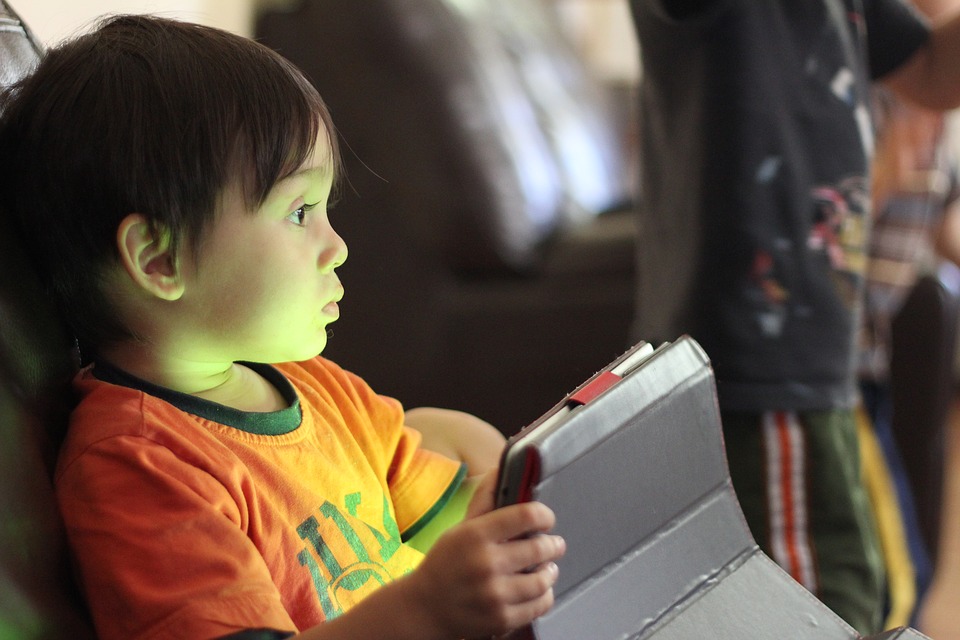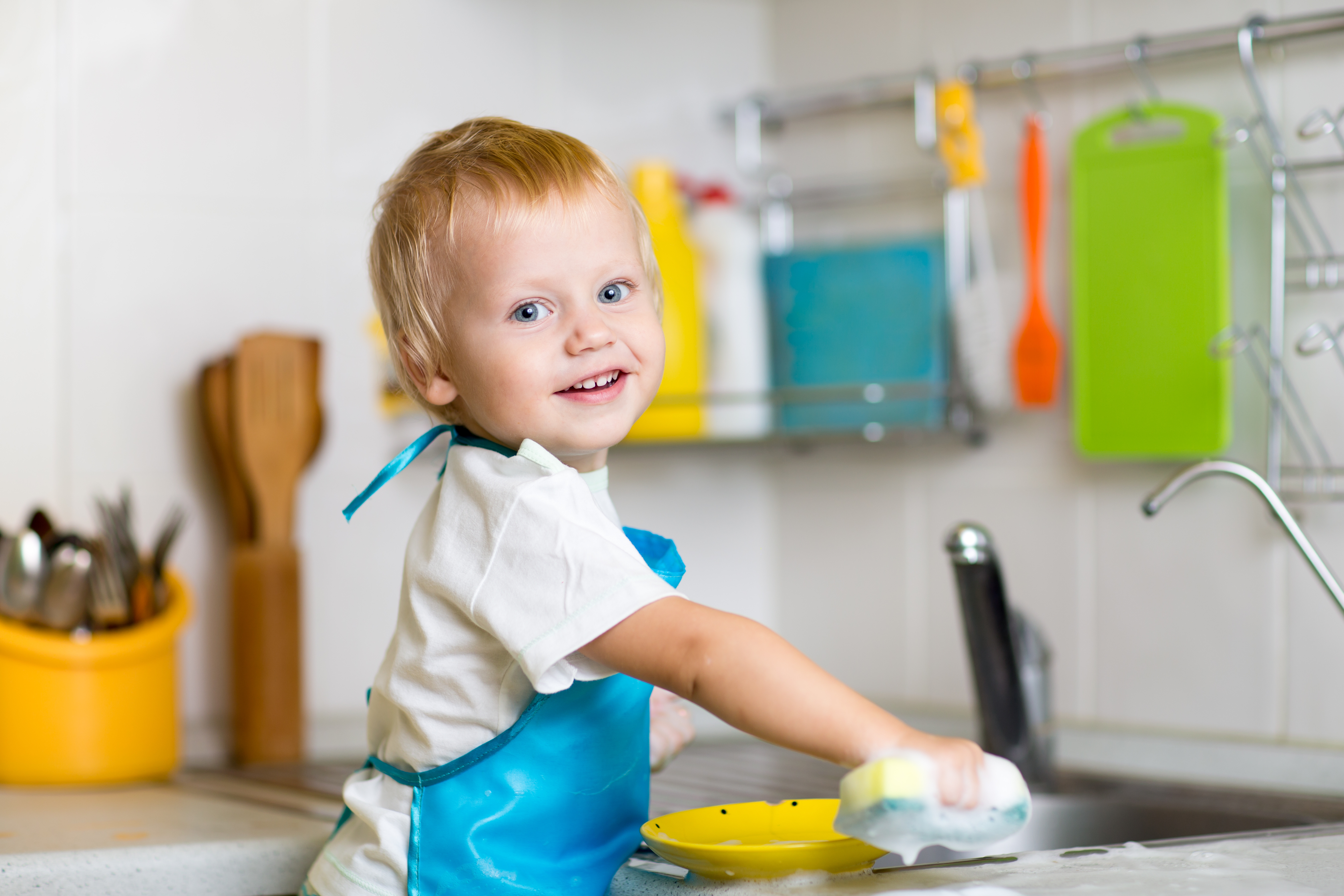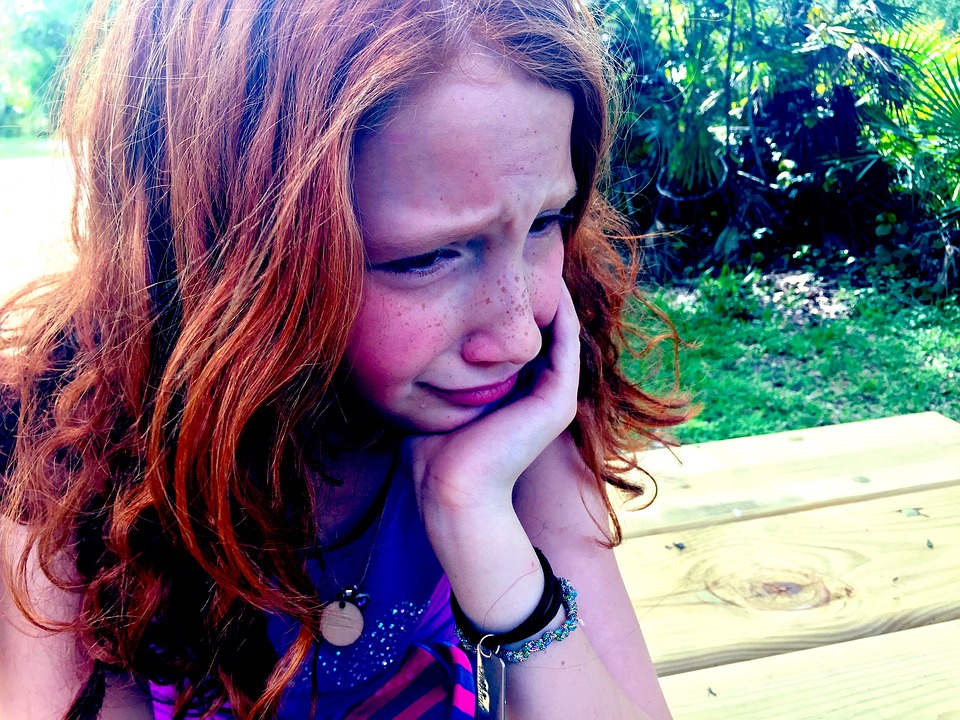Summer vacation is officially over and the kids are back to school! Due to vacations, sleepovers, and the unstructured nature of no school, daily routines are often disrupted over the summer months. A consistent daily routine for kids is critical to them learning responsibility, time management, and so they get a good sleep. Therefore in September it is important to re-establish what morning, after-school and bedtime time should look like.
In our house we have each of our girls “daily routines” typed, laminated and posted in the back hall. Though each are slightly different, they include:
Morning:
- wake up at 7:00 am
- make beds
- get dressed
- eat a healthy breakfast
- brush teeth and hair
- pack lunch and backpack
- out the door by 7:40
After-School:
- shoes and back-packs away
- lunch boxes emptied
- dry snacks and water bottle packed for the next day
- paperwork from school in the “in box”
- have a healthy snack
- do any homework
- then play (no technology)!
Before Bed:
- dinner dishes put away
- play areas and bedroom are tidy
- shower
- healthy bedtime snack
- reading time
- lights out at 9:00 pm
Use our great free printable that you can customize for your kids to help them stay on track each day in the morning, after-school and before bed! Be sure to review this with the kids before implementing, confirm the expectations, and get their commitment. You’ll be well on your way to creating a less stressful and more organized home!

Check out more of our FREE printables available on our website!



